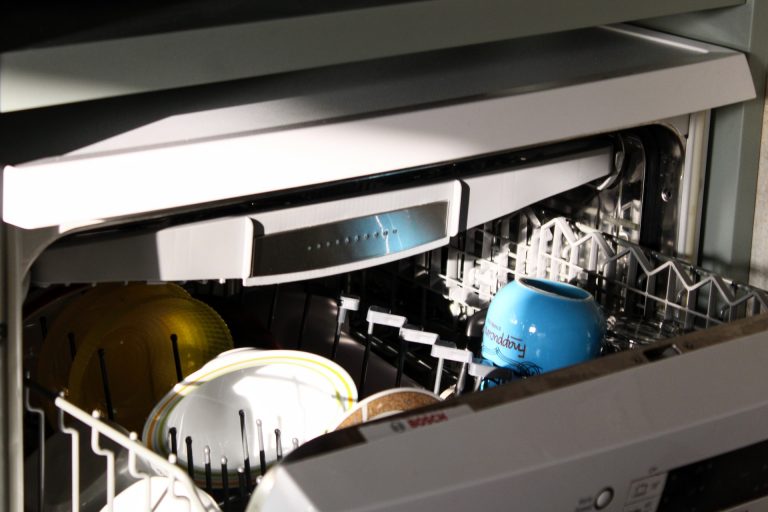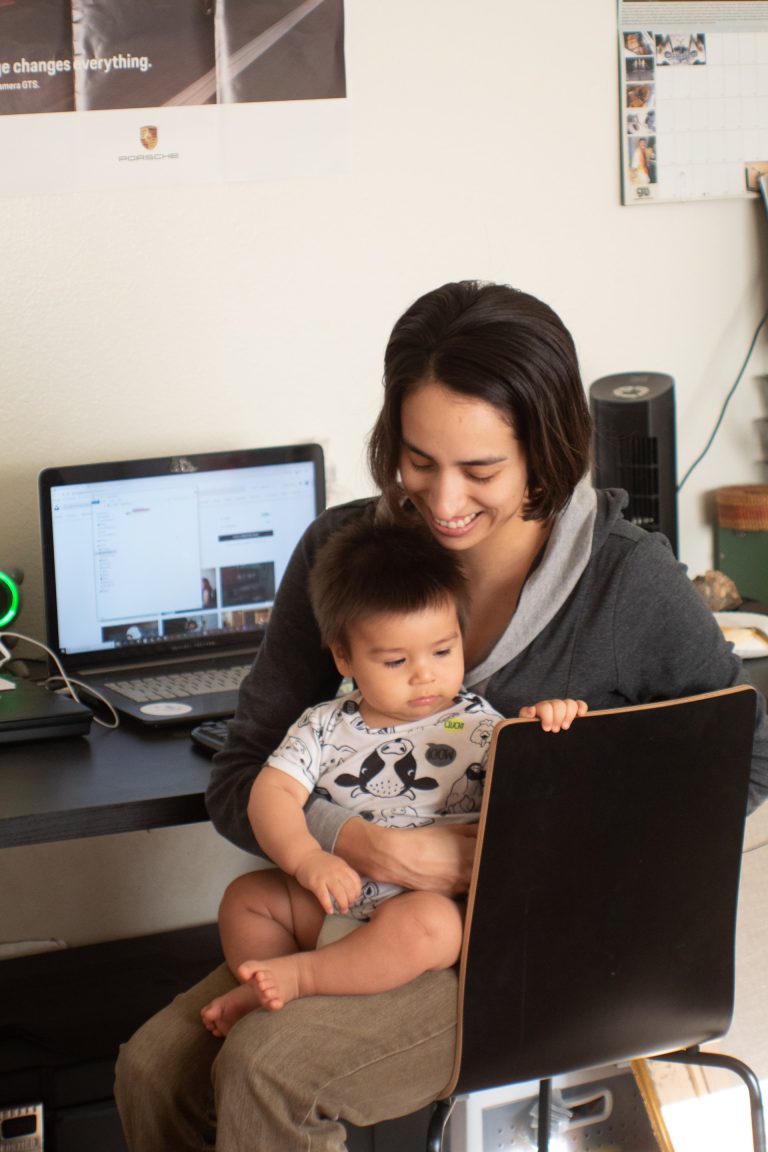Assistance and Grants for Single Moms in Florida
If you’re a single mother raising a child on your own, you certainly understand the mental and financial stress that it can lead to. Thankfully, there are several state and federal programs that single moms can take advantage of to help ease some of the financial burdens. Here are some of the most important programs for assistance and grants for single moms in Florida.
Table of Contents
- Financial Aid / Cash Assistance
- Childcare Assistance
- Food Assistance
- Housing Assistance
- Healthcare Grants
- College Grants
- Final Words
Financial Aid / Cash Assistance
Temporary Cash Assistance (TCA)
Florida’s Temporary Cash Assistance (TCA) program provides low-income families with a monthly cash stipend that can be used to pay for vital expenses like food, shelter, transportation, or childcare. In order to qualify for the program, families must have a household income at or below 185 percent of the Federal Poverty Level. In addition, a family’s total assets (including savings and bank accounts) must be under $2,000.
Childcare Assistance
Child Care Assistance
The Child Care Assistance Program, also known as School Readiness, helps needy families pay for childcare services at qualifying daycare and childcare centers. Working families with a gross income at or below 150 percent of the Federal Poverty Level can qualify for the program. Recipients of the subsidy will have a portion of their childcare costs covered, however, they may also have a copayment based on their income and family size. Recipients of the Temporary Cash Assistance subsidy automatically qualify for the Child Care Assistance program.
Florida Head Start
Florida Head Start and Early Head Start provides free early learning programs for children up to age 5. The program allows low-income families to enroll their children in participating daycare and childcare centers. Children can learn basic skills that will help them prepare for school. Children who are enrolled in Head Start centers receive snacks, breakfast, and lunch.
Food Assistance
Supplemental Nutrition Assistance Program (SNAP)
The Supplemental Nutritional Assistance Program (SNAP) helps low-income families in Florida put food on the table. The program was formerly known as Food Stamps. SNAP recipients receive an Electronic Benefits Transfer (EBT) card that can be used to purchase groceries including bread, cereal, fruits, veggies, and more. SNAP Benefits cannot be used to purchase non-food items. In order to qualify for the program, a household’s gross income must be less than or equal to 200% of the Federal Poverty Level. In 2022, a family of 2 can receive up to $374 of SNAP benefits.
National School Lunch Program (NSLP)
The National School Lunch Program provides free or reduced-price school meals to children of low-income families who earn under 185% of the Federal Poverty Limit. Families can apply for the program by submitting a Free and Reduced Price Application directly to their children’s schools.
Women, Infants, and Children (WIC)
Women, Infants, and Children’s Program (WIC) is a supplemental food assistance program intended for pregnant women, recent moms, and children under age 5. The program helps families pay for important foods such as cereal, milk, eggs, peanut butter, baby food, and more. In addition, the program also provides services such as breastfeeding support and counseling for moms. As of 2022, a family of 2 (including an unborn child) can have a maximum household income of up to $33,874 in order to qualify for WIC in Florida.
Housing Assistance
The Housing Choice Voucher Program (Section 8)
The Florida Housing Choice Voucher Program, also known as Section 8, helps low-income families find safe and affordable housing. Families who qualify for the program can choose to live in the rental of their choice (as long as the rental unit accepts Housing Vouchers). The program will pay a portion of the rent, with the subsidy recipient paying the remainder of the rent. There is typically a long waitlist for the program.
Low-Income Home Energy Assistance Program (LIHEAP)
Florida’s Low-Income Home Energy Assistance Program (LIHEAP) helps with utility expenses by paying a portion of the home heating and cooling bills for low-income families who qualify. A family can receive LIHEAP assistance up to three times a year in Florida. Recipients don’t actually receive the funds for the program, the payment is made directly to the utility provider. As of 2022, a family of 2 must have an income no greater than $33,079 in order to qualify for the program.
Healthcare Grants
Florida Medicaid
Florida’s Medcaid program provides free healthcare coverage to low-income families in need. In order to qualify for Medicaid in Florida, you must be pregnant, disabled, and caring for a child under 18, or over 65 years old. Medicaid pays for important healthcare expenses such as doctor’s visits, x-rays, preventative care, prescription, inpatient and outpatient hospital services, and more. A family of 2 must have a pre-tax income of less than $24,354 in order to qualify for Medicaid in 2022.
Children’s Health Insurance Program (CHIP)
Families who earn more than the income limits for Medicaid may be able to qualify for Florida Kid Care, the state’s version of the Children’s Health Insurance Program (CHIP). The program provides similar benefits as Medicaid, but it’s specifically for children. In order to qualify for the Flordia CHIP in 2022, a family of 2 must earn a maximum of $36,620.
College Grants
Florida Student Assistance Grant Program (FSAG)
The Florida Student Assistance Grant Program is a need-based grant for students who are enrolled in an undergraduate program at a Florida state university or college. In order to apply for the grant, students must be Florida residents and demonstrate financial need by filling out a FAFSA form. In addition, students must not have previously received a bachelor’s degree and must maintain a minimum 2.0 GPA. The amount of the award varies each year, however, the minimum award is $200.
Pell Grant
The Pell grant is a federal college aid program that helps low-income students who are pursuing an undergraduate degree. The maximum amount of the grant in 2022 is $6,495 per semester, however, the actual amount received varies based on various factors, including financial need. The grant can be used to pay for tuition, supplies, books, and other school-related expenses.
Final Words
Raising a child as a single mom is a challenge — especially when it comes to balancing the household finances. The programs and grants mentioned in this article can help struggling single moms in Florida get their lives on the right track.
Looking for additional resources? Check out our extensive guide of Assistance and Grants for Single Moms in 2022 for a rundown of programs that are available at a nationwide level for all who qualify.







